Blogs
Your Guide to Australia's Enhanced Data Privacy Principles

As of 2024, Australia is implementing significant amendments to the Privacy Act 1988 based on the Government's response to the Privacy Act Review Report. These changes are set to enhance data privacy protections and introduce new compliance obligations for businesses of all sizes. For business and technology leaders, understanding these new data privacy principles is crucial for ensuring compliance and safeguarding customer trust.
Key changes to the Privacy Act
Removal of the small business exemption
One of the most notable changes is the removal of the small business exemption. Previously, businesses with an annual turnover of $3 million or below were exempt from the Privacy Act. However, the Government has agreed in principle to eliminate this exemption, recognising that privacy concerns extend to all businesses, regardless of size. This means small businesses will now need to adhere to the same privacy obligations as larger enterprises, including data handling, storage, and breach reporting requirements.
Enhanced Privacy Impact Assessments
The amendments introduce mandatory privacy impact assessments (PIAs) for high-risk activities. This means that before implementing any new data processing activities or technologies that could impact personal privacy, businesses must conduct thorough assessments to identify and mitigate potential risks. This is particularly relevant for businesses adopting new data automation and integration technologies.
Stricter data breach notification requirements
The new laws shorten the timeframe for mandatory data breach notifications. Businesses must now report any data breaches that pose a significant risk of harm to affected individuals within a much shorter period. This change aims to enhance transparency and ensure timely responses to data breaches, helping to protect individuals’ personal information more effectively.
Increased transparency and governance
Businesses are required to improve transparency regarding their data handling practices. This includes providing clear, concise, and accessible privacy policies and collection notices. Additionally, there are new obligations for businesses to outline the types of personal information used in automated decision-making processes and the rationale behind them.
Stronger protections for vulnerable individuals
The amendments introduce enhanced protections for vulnerable individuals, including children. Businesses offering online services likely to be accessed by children must now comply with a Children’s Online Privacy Code, ensuring robust safeguards for younger users’ personal information.
Practical steps for compliance
To navigate these changes effectively, here’s a quick reference to get started.
- Conduct a privacy audit: start by conducting a comprehensive audit of your current data handling practices. Identify any areas where your processes might fall short of the new requirements and create an action plan to address these gaps.
- Implement Privacy Impact Assessments: develop and integrate PIAs into your project management workflows. Ensure that all new data processing activities undergo a thorough risk assessment to identify potential privacy impacts and implement mitigation strategies.
- Update privacy policies and notices: review and update your privacy policies and collection notices to ensure they are clear, concise, and compliant with the new transparency requirements. Make sure these documents are easily accessible to all stakeholders.
- Enhance data breach response plans: revise your data breach response plans to comply with the new notification timeframe. Train your staff on the updated procedures and conduct regular drills to ensure readiness.
- Focus on data security and governance: strengthen your data security measures to protect personal information effectively. This includes implementing robust encryption, access controls, and regular security audits. Additionally, establish clear data governance policies that outline responsibilities and procedures for data handling.
- Engage with legal and compliance experts: consult with legal and compliance experts to ensure your business fully understands and meets its new obligations under the Privacy Act. Regularly review changes in legislation and update your practices accordingly.
- Educate your team: ensure that all employees are aware of the new data privacy principles and understand their role in maintaining compliance. Provide ongoing training and resources to keep your team informed about best practices and regulatory changes.
Need help building your data governance and compliance team?
Contact us today to learn more about how we can support your business in this evolving landscape. Make sure to follow us on LinkedIn to stay up to date on all things happening in tech.











